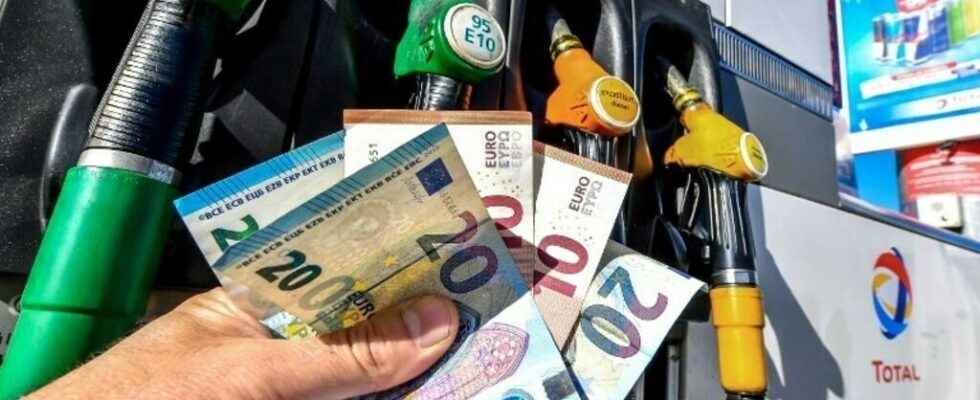Since November, inflation has reached a new historic peak every month in the euro zone and February was no exception to the trend. Prices rose by 5.8% over one year, unheard of since the start of this indicator in 1997. And the surge in oil, gas and electricity is not to blame.
Inflation is largely driven by energy tariffs. They soared by more than 31% over one year last month in the euro zone. Food is not left out. Price growth accelerated to 4.1% and theands industrial goods are also more expensive than last year. This is obviously bad news for households, it is also a headache for the European Central Bank.
The war in Ukraine and the sanctions could make inflation last
We are now very far from its objective of a rate of 2%. And, this phenomenon, first presented as temporary, finally seems destined to last. The war in Ukraine even raises fears of a surge. Russia is the European Union’s main gas supplier and the world’s second largest oil exporter.
Russia is also a major supplier of metals for industry. It is also a major agricultural power, just like Ukraine. Given the geopolitical uncertainties, predicting the impact on the economy is a balancing act. An analyst from Capital Economics still considers likely a rise in inflation to “more than 6%” in the coming months.
►Also read: Today the Economy – Inflation hits records all over the world… central banks struggling
.
